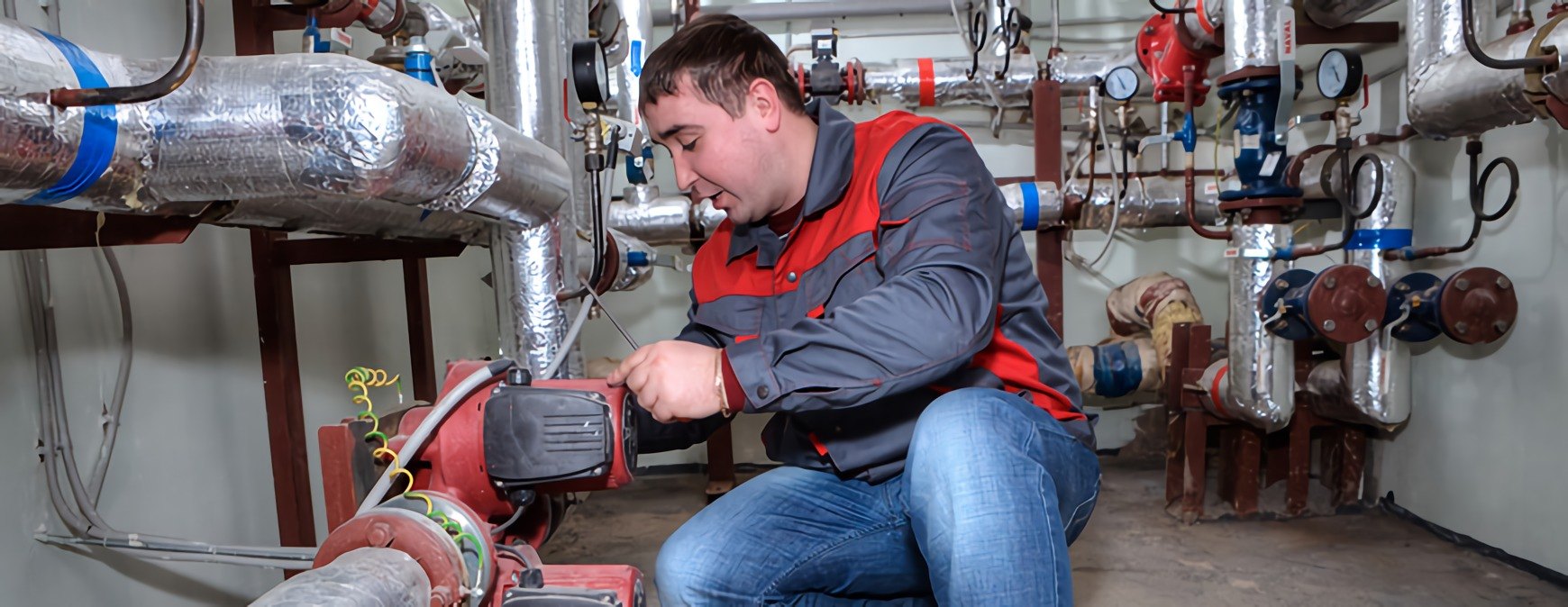
People may not know this, but becoming a boiler operator is growing increasingly complex, so boiler operator training is more crucial into entering that profession. 1 Here is some more information about what you will learn and what being a boilermaker entails.
What Is a Boiler Operator?
Boiler operators are in charge of running, maintaining, and fixing boilers. Boilers are large metal vessels that run on coal, electricity, gas, or wood. They heat water to create pressurized steam. That steam is used to heat large structures like hospitals, factories, schools, and commercial buildings. 2
Important Boiler Operator Skills
- Attention to Detail: Boilers are complex pieces of equipment. They have multiple gauges, meters, and other parts. Boiler operators must carefully inspect and test this equipment. They’re responsible for making sure it operates correctly and repairing or replacing parts when there is a problem.
- Steady Hands: Good hand-eye coordination and a steady grip is important. Boiler operators use a range of different types of tools to work on the various parts of boilers.
- Mechanical Skills: Boilers are machines. Boiler operators must have a good understanding of mechanical principles. They spend most of their days using tools to work on machines.
- Troubleshooting: When boilers stop working correctly, boiler operators are tasked with diagnosing and fixing the problem. 3 4
What Do You Learn in Boiler Operator Training?

Most people who become boiler operators go to a vocational training school to learn the trade. Programs can range from six months to two years. They usually offer students a combination of classroom instruction and hands-on training. Students typically learn about the techniques, systems, and terminology of the industry. 5
Electro-Mechanical Technologies Program
The Refrigeration School offers an electro-mechanical technologies program that can prepare you for entry into the boiler operator field in nine months. The program teaches students about electrical and mechanical technologies. They also learn about the principles behind how heaters, air conditioners, and ventilation and refrigeration systems work.
Get Started on the Path to a New Career
Fill out our form to learn how we can help you change your life.
What Boiler Operator Jobs Can You Get after Training?
Boiler operator jobs typically fall into two categories: maintenance and installation. If you choose the first route, you could find yourself maintaining and repairing boiler equipment in manufacturing companies or power plants. There are also boiler maintenance jobs available at property management companies. Working for an installation company could take you in a commercial or industrial setting that use boilers that include manufacturing companies, government buildings, schools, and hospitals. 6
Demand for boiler operators vary from state to state. If you are wondering where the need is highest or what kind of pay is offered in each region, you should check with web sites like the Bureau of Labor Statistics, or if you are considering vocational training, check with the school career services and find out where the job leads they come across.
Becoming a Boiler Operator
If you’re interested in becoming a boiler operator, then vocational training is one increasingly common path to this career. Programs can be completed in a relatively short period of time, allowing you to start your career sooner.
Additional Sources
1 – https://www.bls.gov/ooh/production/stationary-engineers-and-boiler-operators.htm#tab-4
2 – http://www.wisegeek.com/what-does-a-boiler-operator-do.htm
3 – https://www.bls.gov/ooh/production/stationary-engineers-and-boiler-operators.htm#tab-4
4 – https://www.bls.gov/ooh/production/stationary-engineers-and-boiler-operators.htm#tab-2
5 – http://www.wisegeek.com/how-do-i-become-a-boiler-operator.htm
6 – http://www.wisegeek.net/what-are-the-different-boiler-operator-jobs.htm#didyouknowout
This blog has been labeled as archived as it may no longer contain the most up-to-date data. For a list of all current blog posts, please visit our blog homepage at https://www.rsi.edu/blog/

